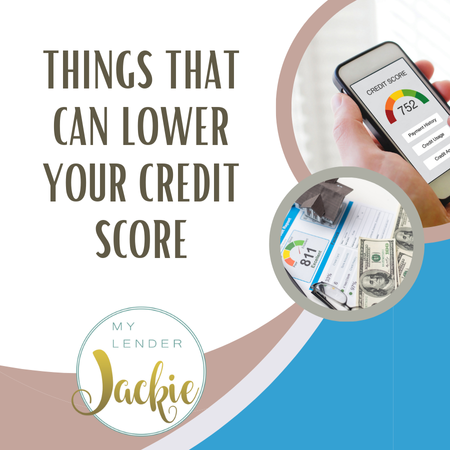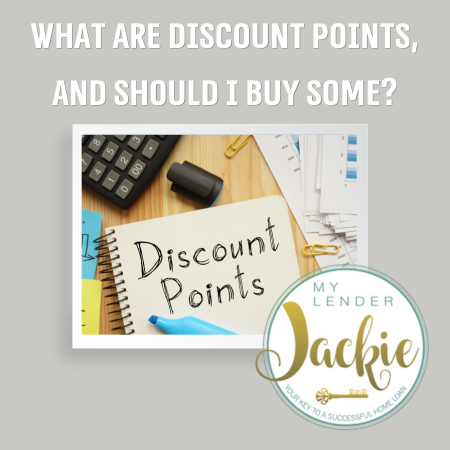How to Buy a House with No Down Payment in 2019
In This Article You Will Learn:
- Types of No or Low Down Payment Loans
- If this loan is right for you
- Down Payment Assistance
- Eligibility
First Time Buyers AND Repeat Buyers
The down payment is usually the biggest barrier to homeownership today. It’s not easy to come up with $10,000 or even more for a down payment these days, but it doesn’t have to be as difficult as you might think. In fact, buying a home with low or no money down is more achievable than you might imagine.
Most people think you need at least 10% down to buy a house, but that’s not necessarily true. The average down payment for first-time homebuyers today is just 6% and several programs offer no money down payments at all.
If you are in a position where you simply cannot come up with the 5% or more needed to buy a home, then this article is for you.
What is a down payment?
A down payment is the portion of the purchase price of a home that a buyer will pay to secure the loan with a lender and start off homeownership with a little bit of equity. Many conventional loans require a 20% down payment so for instance, if you were to buy a $200,000 house, you would need $40,000 down payment and apply for a loan for $160,000. That’s a good chunk of change and most first-time buyers just can’t come up with it.
FHA Loan
VA Loan
USDA & Down Payment Plans
Other Loan Options
- Conventional 97 – 3% down payment option by Fannie Mae
- HomeReady™ Mortgage – a 3% from Fannie Mae that offers a little more flexibility than Conventional 97
- Piggyback Loans – which the first and second mortgage or open simultaneously to cover a larger part of the home’s purchase. This requires a 5 to 10% down payment depending on the primary and secondary mortgage amounts.
- Home Possible Advantage® – a 3% down payment with no first-time homebuyer requirement for a single owned property homeowner. Ideal for those with fair to excellent credit scores.
- HomePath Ready Buyer – the closing cost assistance program where you can receive up to 3% of your loan amount toward the closing costs. Eligibility requires a HomePath property and a 3% minimum down payment
- Gift Funds – cash gifts can be used for a down payment or an approved nonprofit assistance programs as long as it does not have to be paid back.
Is a Low or No Money Down Purchase Right For You?
It’s important to compare loan types and mortgage lenders. For many people struggling to save a large down payment, many of these options are ideal but it’s also important to have a mortgage expert that understands each of these programs and can help you compare options.
Downpayments can be funded a variety of different ways and once I understand your current situation, I can offer flexible options to get you where you need to go.

Surprising Things That Can Lower Your Credit Score, Even If They’re Good Financial Moves
Your credit score makes all the difference in your ability to buy a home and the terms you will get on your mortgage. While the credit score is designed to put a measurable quantity on your ability to manage debt, it doesn't give the full picture of your financial...

Jumbo Loan FAQs: What Luxury Homebuyers Need to Know
Purchasing a high-value property is an exciting step, but it often means stepping outside the boundaries of traditional home loans. If you're looking at luxury homes in Southern California, you need a financing solution that matches the investment you're making....

What are Discount Points, and Should I Buy Some?
Have you hear of discount points? Smart borrowers are looking for ways to maximize their buying power by lowering their interest rates as much as possible. While we know that each of our buyer will have different needs, the best possible interest rate seems to be one...
